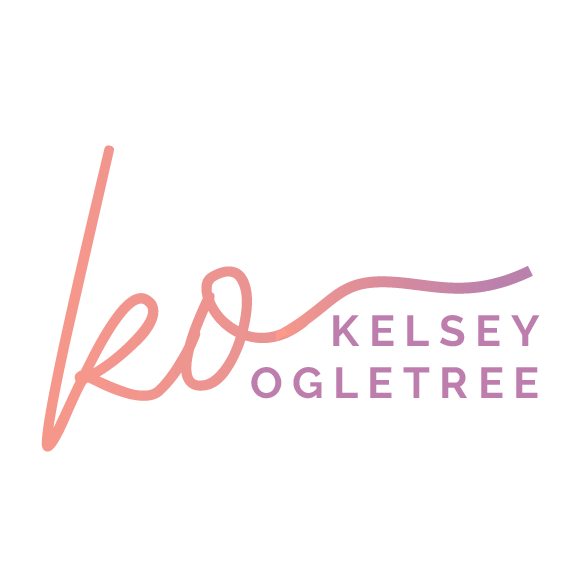How to Coach Your Clients to Better Interviews with Journalists
When people ask what I do for a living, I say I own a writing and editing business. But what I actually do is spend half of my days on the phone, interviewing sources for stories. Most of the time, it’s great—I get to learn so.many.things. on so many subjects without leaving my desk. But sometimes, interviews go awry when sources aren’t media friendly. Here are some tips on how to coach your clients to give better interviews with journalists—and in turn, get positive coverage that you’ll both be proud of.
Read the entire request before you respond.
Sometimes when I reach out with a single request for a comment, such as an expert’s best tip for handing a particular situation, the publicist responds immediately asking me to “send over the questions.” If a writer is just asking for a comment on something, that is the question.
Also, when a writer first reaches out to you requesting an interview from your client, they may not know which specific person or title to ask for. It’s imperative that you can offer up a specific name and their role before confirming an interview. Often publicists jump right into asking what the questions are before even confirming who will be answering them, but this needs to be handled the other way; the interviewee’s position will often influence which questions I am asking.
Next, determine the interview format.
Phone call interviews are my go-to in most cases. I’ve heard from publicists that this differs depending on the outlet and writer, but so often, email interviews fall flat, so I almost always prefer phone. If I’m writing a comprehensive piece on a topic, I need more than a few short sentences sent over email. I need a conversation with a source to be able to ask questions and follow-ups to get a good grasp on the subject matter.
I’ve had situations where I’ve sent questions via email when a source was unavailable via phone, and it was quite obvious that the responses were written by the PR or marketing team. Those responses don’t work in most cases. Many times, I think writers see email interviews as taking the easy route to gathering information, but I believe the best stories will come from conversations, not Q&A-format interviews sent in a one-sided response.
Email interviews suffice sometimes.
Now, the exception to this is if I’m doing a roundup or just need a quick comment on something. For example, if I’m asking chefs about their top two ways to use brown butter in dishes, it’s fine for a publicist to source that information and provide a quote via email. A phone call is not necessary here.
Send a calendar invite.
Once we confirm a date and time that works for all parties, follow up right away with a calendar invite to hold that time on everyone’s calendars. Please be specific in these: Include the name of the person being interviewed, invite them as well (including their email address, so we are all looped in together in one place if something comes up), and include the phone number or conference line to call. (Many times, I get invites that say “interview” and I’m the only person invited. I have no point of reference for what those are about when I view this on my calendar. Be clear and specific to make invitations functional.)
Provide your client background on the interview.
It’s awkward to get on the phone with an interviewee and have them not know what I’m calling about, or what story and publication the interview is for (it happens more often than you’d think). Simply providing some background in advance to your client makes the process smoother and easier for both parties. If you coach them on one thing before the interview, it’s this: Don’t dominate the call. The journalist should be leading the interview, asking the questions and driving the conversation. The last thing I want a source to do is to jump on the phone and launch into a 20-minute narrative, talking non-stop and not letting me get a word in. As a journalist, I’m going to listen more than I talk on these calls—but please let me lead so I can get the information I need specific to the article and publication.
If you’re wanting to be on the call for the interview, I’m perfectly fine with that; just let me know in advance so we know whether to wait for you. Also, it goes without saying, but phone interviews with more than three people on the phone get chaotic and should be avoided.
Clarify names, titles and companies—twice.
In the process of setting up interviews over email, attribution information can get spread out or buried. Always follow up with a writer post-interview to clarify exactly how your client should be cited: name, title, company. Be mindful of length, here. Writers are working with limited word counts, even for digital stories, so including four different titles for one person isn’t going to work. Pick the one that’s most essential and relevant to the subject matter. This is also the time to send any link you’d like included (though these are always subject to removal by editors).
For doctors and other sources in the medical world, it’s critical that you provide his or her credentials along with title. Editors want to know if a doctor is board certified, for example, and in which area. Be as thorough as possible when providing that background information to ensure your client is properly credited. (And no, we can’t change a story once it’s published.)
What challenges do you face with setting up interview for clients? Are you finding journalists prefer phone or email interviews, or something else? What frustrates you about the interview process from the PR side?

